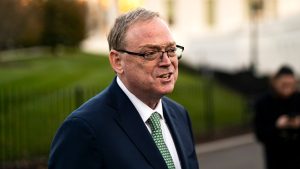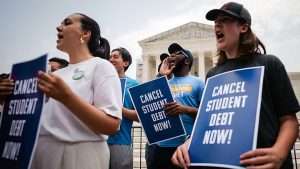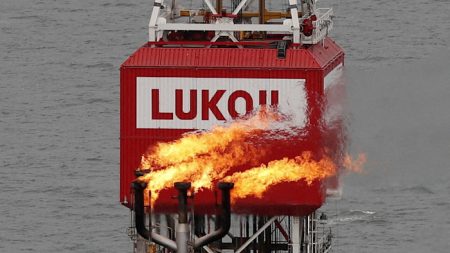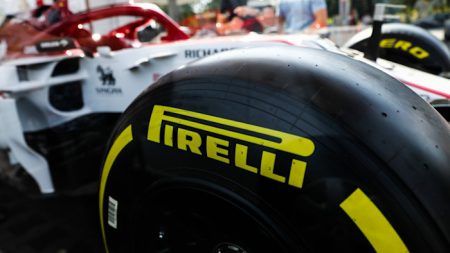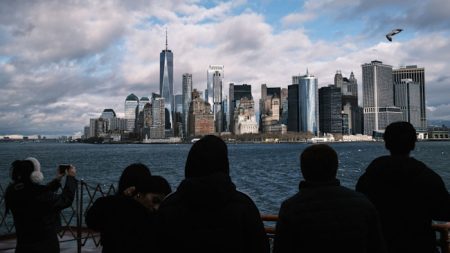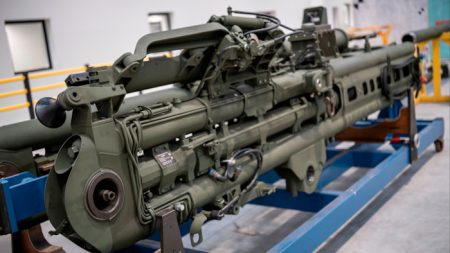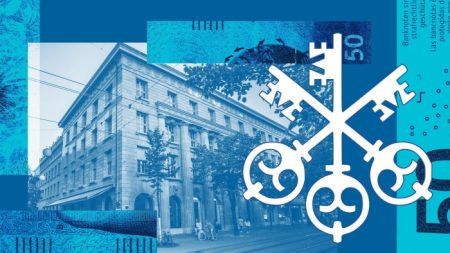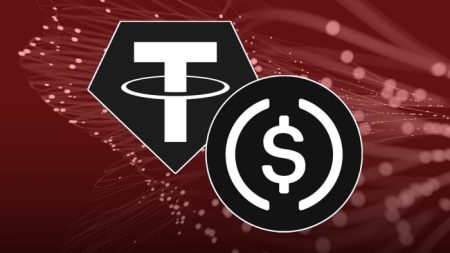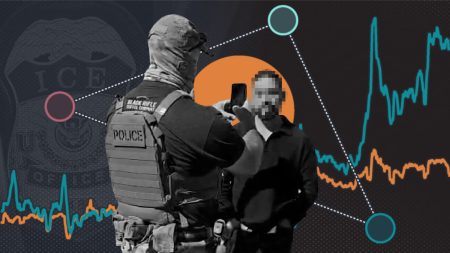Unlock the US Election Countdown newsletter for free
The stories that matter on money and politics in the race for the White House
G7 leaders are racing to clinch a deal on using profits from frozen Russian sovereign assets to help Ukraine in a bid to shore up support for Kyiv while they grapple with a barrage of domestic political difficulties.
A potential agreement on a scheme for G7 members to lend as much as $50bn to Ukraine backed by the future proceeds from Russian assets is expected to be the centrepiece of the group’s annual summit which begins on Thursday in the southern Italian region of Puglia.
But negotiations over the shape of the deal have gone down to the wire, as G7 capitals haggle over its design — including who would bear the ultimate risk of the loan to Ukraine, and how the money would be distributed.
Speaking to reporters on Air Force One as US President Joe Biden travelled to Italy on Wednesday, Jake Sullivan, the US national security adviser, said he was optimistic that an agreement would be reached.
“I believe that we are making good progress in generating an outcome in which those proceeds from those frozen assets can be put to good use,” he said.
The summit is coming at a time of political turmoil in a number of key G7 countries. The US presidential election is looming in November, with Biden locked in a tough race against former president Donald Trump.
UK elections are set for July 4, with Rishi Sunak expected to be unseated as prime minister and his Conservative party likely to lose to Labour for the first time in 14 years.
Meanwhile, last week’s EU elections delivered a surge in far-right parties in France and Germany that dealt heavy blows to German chancellor Olaf Scholz and French President Emmanuel Macron, who called for snap parliamentary elections starting later this month.
An agreement on delivering additional support for Ukraine using the frozen assets would be a sign that G7 leaders remained united in their defence of Kyiv as well as their broader foreign policy priorities, western officials said.
G7 countries have been struggling to get Israel and Hamas to agree on a ceasefire deal that would pave the way for an end to the conflict in the Middle East, which will also be a focus of discussions in Puglia.
But the talks on Ukraine and Russia — including on the frozen assets — will dominate the summit. It comes amid persistent pleas from the Ukrainian leadership for western allies to provide more military support to Kyiv as it fights a renewed Russian bid to capture territory in the east of the country.
Sullivan said a deal on the frozen assets would involve a framework that is “quite specific in terms of what it would entail”. But he added that “experts” would have to settle on “the core operational details of anything that is agreed in Italy . . . on a defined timeframe”.
“We’re still arguing over the technicalities, and mainly for it to work along our lines,” said a senior EU official. “At some point the residual risk needs to be covered by someone.”
EU member state diplomats in Brussels said that the bloc, which holds the overwhelming majority of the Russian sovereign assets frozen by western countries in the days following Moscow’s full-scale invasion of Ukraine in February 2022, would not agree to take on financial risks for other countries.
Brussels could not give a cast-iron guarantee to the US that its sanctions — which collect profits on the Russian assets worth about €3bn a year and must be rolled over each six months — would remain in place indefinitely, and thus each country would need to assume a slice of the risk.
While there is broad agreement on the total $50bn package, there is no agreement on how the individual slices would be calculated, with some officials arguing that it should be based on GDP, while others suggest a division based on the relative amount of immobilised assets each G7 member holds on its territory.
The World Bank is expected to play a role in the disbursement of the US slice of the loan package, said two people familiar with the talks.
Despite their differences, leaders were determined to strike a deal in Puglia, where Ukrainian president Volodymyr Zelenskyy will be participating.
“We have to front-load this because Ukraine needs the money now, not in 10 years or 20 years,” said the senior EU official, who added this would be “focusing on defence, filling financial [budget] gaps and funding reconstruction”.
Biden is expected to meet Zelenskyy separately at the summit to sign a bilateral US-Ukraine security agreement designed to deepen the defence co-operation between the two countries.
Additional reporting by Sam Fleming in London
Read the full article here

